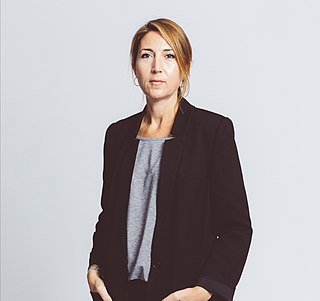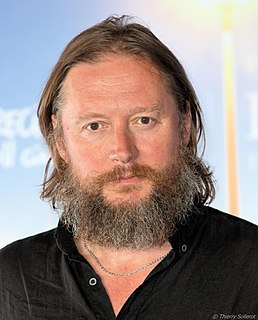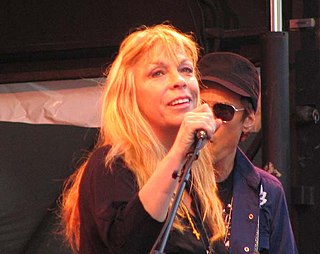A Quote by Lisa Jewell
The only way you can write about a happy family in a drama is to make them unhappy.
Related Quotes
When I talk to kids, I often tell them, "I'm going to disappoint you someday. I won't be worth my salt as a judge if I don't render at least one decision that makes you unhappy. Because if I'm following the law - and I don't write them - there has to be some decision you won't like. Please don't judge any person by one act. Take from them the good and don't concentrate on the little things that make you unhappy." That's my approach to family and friends, too.
Gordie, the white boy genius, gave me this book by a Russian dude named Tolstoy, who wrote, 'Happy families are all alike; every unhappy family is unhappy in its own way.' Well, I hate to argue with a Russian genius, but Tolstoy didn't know Indians, and he didn't know that all Indian families are unhappy for the same exact reasons: the frikkin' booze.
In a vacuum all photons travel at the same speed. They slow down when travelling through air or water or glass. Photons of different energies are slowed down at different rates. If Tolstoy had known this, would he have recognised the terrible untruth at the beginning of Anna Karenina? 'All happy families are alike; every unhappy family is unhappy in its own particular way.' In fact it's the other way around. Happiness is a specific. Misery is a generalisation. People usually know exactly why they are happy. They very rarely know why they are miserable.
I write poetry to figure things out. It's what I use as a navigating tool in my life, so when there's something that I just can't understand, I have to "poem" my way through it. For that reason I write a lot about family, because my family confuses me and I'm always trying to figure them out. I write a lot about love, because love is continually confusing in all of its many glorious aspects.
I think I have to work to write a happy song. I write them carefully; they're simple and they're about when it's fun to walk down the street. You know? Because that's the best thing about when you're happy. It's just one little thing that makes you happy, and you're making friends. The kind of thing I can do is capture this moment.
Having written both comedy and drama, comedy's harder because the fear of failure's so much stronger. When you write a scene and you see it cut together, and it doesn't make you laugh, it hurts in a way that failed drama doesn't. Failed drama, it's all, 'That's not that compelling,' but failed comedy just lays there.
I'm only saying I want you to be happy. I hate your being unhappy. I don't mind anything you do that makes you happy." You just want an excuse. If I sleep with anybody else, you feel you can do the same - any time." That's neither here nor there. I want you to be happy, that's all." You'd make my bed for me?" Perhaps.
If you are a believer married to an unbeliever I want to tell you that the greatest witness that you can be to them is to try to be the same all the time. Don't let the way they act control you. Dave didn't let my actions control him. He stayed happy, and that just made me madder, because unhappy people just want to make other people unhappy, but it finally broke through to me that he's got a stability and a joy and a peace that I did not have.


































